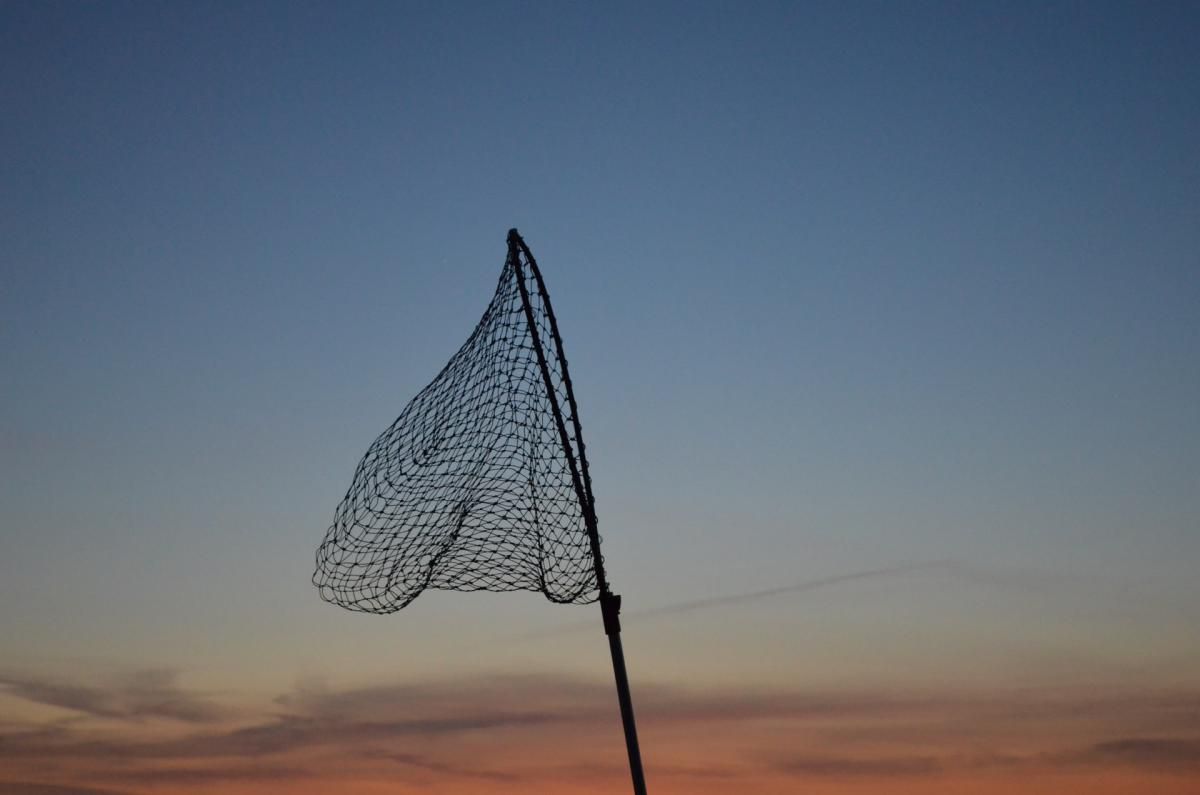Our polluted air
Air pollution is the term given to the gases and very small particles (called “particulate matter”) in the air that can damage our health.
Several gases are classed as pollutants, such as nitrogen dioxide, ozone, benzene, sulphur dioxide and carbon monoxide.
Carbon dioxide isn’t a pollutant like the others because it is essential for life on earth. However, the burning of fossil fuels releases excessive carbon dioxide into our atmosphere which creates a build up of "greenhouse gases" and has been the catalyst for global warming and climate change, which is why these emissions need to be reduced.
Particulate matter (PM) is a mixture of microscopic solid and liquid particles from natural and man-made sources such as dust, pollen, soot and smoke. Sources of particulate matter can be stationary (such as that from construction sites or factory chimneys) or mobile. The biggest cause of mobile particulate matter is road transportation which can result in particulate matter from fuel droplets, engine lubricant, road dust, tyres and brake pad wear and tear.
Sized in micrometres (one micrometre being one millionth of a metre), PM10 and the even smaller PM2.5 particulate matter are of most concern as the smaller the particle, the more damage it can potentially do to us as it can travel further into our respiratory system and bloodstream.
In this video, Dr Chris Jones from our partner, Edwards, explains more about measuring PM2.5 particulate matter and how it's removed from Edwards’ production processes. Edwards are world-leading innovators of clean air management solutions within the semi-conductor industry and have also worked with the University of Bristol on research projects to monitor the impact of harmful gases in our atmosphere.
In the South West, like the rest of the UK, the main air pollutants of public health concern are nitrogen dioxide and particulate matter with 80% of nitrogen dioxide coming from road traffic.
